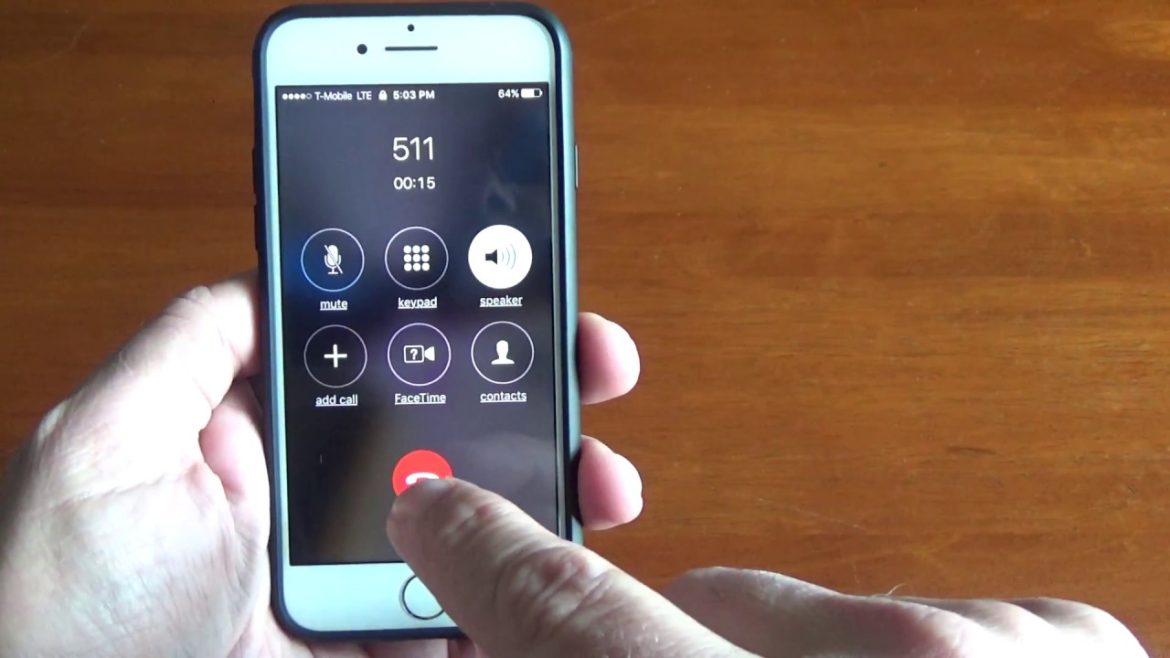When you are always hitched into business meetings, college sessions, or constantly moving around taking essential notes wherever and whenever you can, you are always in dire need of a booklet that is a good quality one, that has a good quality of pages attached to it, looks professional and also serves all the purposes it is supposed to be.
Why not get it purchased but printed instead?
Booklet printing in Barrie is the most affordable way out of this trap of having you pay more than you are supposed to when it comes to buying booklets for yourself in bulk. You might think the prices don’t differ when you buy them from after-market services instead of getting them printed, but it is not like that.
When you go around shopping for booklets, and you are into extreme use of booklets, the costs start affecting you after some point in time. A single booklet may not look costly to you at first, but as you commence buying a new booklet every next week or month, it starts taking a toll on your budget.
Booklets may be used for taking notes in college sessions, providing a catalog of your business ideas, a part of your business meeting curriculum, etc. therefore, a booklet’s quality is what you should never compromise with.

Hence, printing a booklet makes sure that the booklets allotted to you are authentic, properly finished post-manufacturing, serve your desired purpose efficiently.
Procedures like coil binding and saddle stitch binding are done by these booklet printing services which give your booklet and your firm a long-lasting impression because of the ease of usability, the quality, and the portability they portray.
Coil binding serves the viewers with hands-free viewing which is a great solution for viewers and interested clients to go through your company’s catalog while you’re guiding them about it.
Saddle stitching maintains the professional stature of your organization by providing a premium look to your booklets which reflects on how cautious you are regarding your business’s impression over the client and how meticulously every step has been planned for optimum results.
The guidance on which paper stocks, cover stocks, paper bindings, cover bindings, stitching, etc. to be used for your desired booklets is provided by booklet printing in Barrie which makes them have an edge over their competitors and build a sense of trust, and codependence amongst their customers.
















